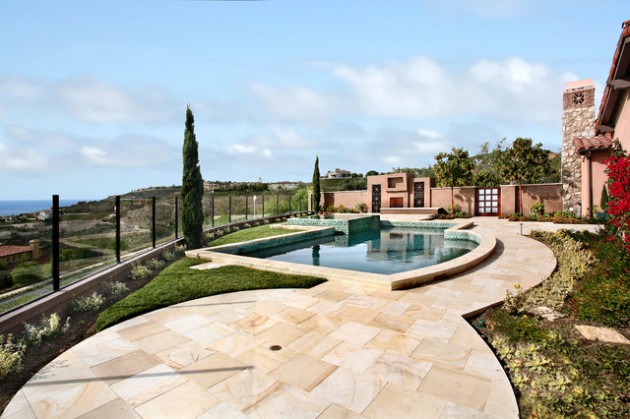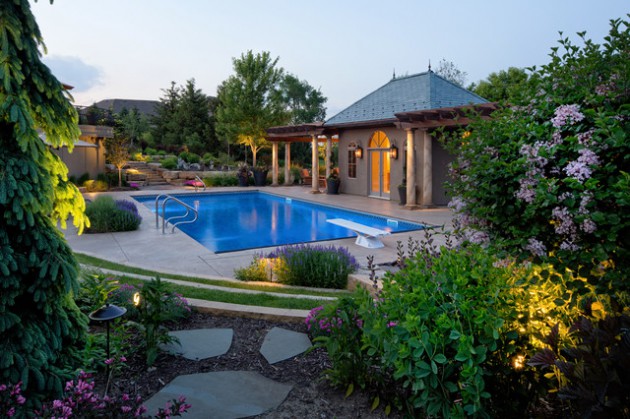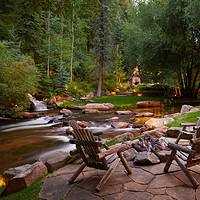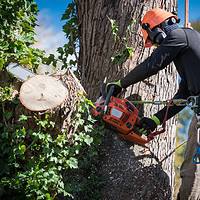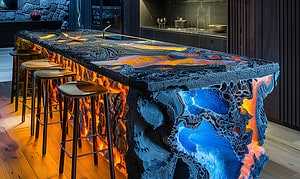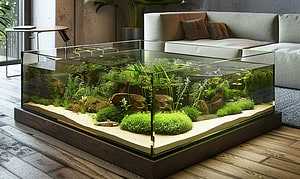Pool owners spend a lot of time and money on keeping their pools in tip top condition, in readiness for the big splash, or simply lying around and appreciating a relaxing day off with the family.
It requires a lot of time and energy to keep pool water in prime condition. There are many ways and means of doing this, but usually we employ a local specialist to do this for us. And let’s be honest, every month the bill comes in, we see a list of chemicals and additives used to keep the pool clean and hygienic.
Have you ever considered what your pool guy actually does, and how simple it might be for you to do this yourself?
Here we give you some simple tips on how to maintain your own pool and save you hundreds of dollars each year on unnecessary costs.
Automatic Pool Cleaner
By installing a very simple automatic pool cleaner this alleviates the need to manually vacuum each time you want to use the pool. Connected to your water distribution system, as your pool recirculates each day, the cleaner can be connected simply and without the need of an expert. There are various different models available depending on your budget. Most come in a box, ready to assemble and quick to work.
There is nothing complicated to do, simply join a few parts together and place in the pool, inserting the suction pipe into your existing pool installation. Your pool is normally set to circulate water automatically, at the same time your pool cleaner will work effortlessly under water.
Maintaining Water Balance
Depending on the type of construction, you will want to keep the pH of the water between 7.0 and 7.8. These days there are simple DIY kits that can help you check these levels as often as your wish. It is important to check after heavy rainfall or heavy pool usage, even after topping it up.
Some adverse effects of imbalance include corrosion of the pool, irritation of the skin and eyes and damage to the pool equipment (pumps etc.), it also affects the sanitation process.
Home kits can be purchased online or at your local DIY store, and contain the proper instructions and explanations on the pH level of your pool. Checking this regularly will ensure the water is at its peak and avoid unnecessary damage to expensive equipment.
Alternatives to Pool Cleaning Chemicals
For some, the use of chemicals in our pools is an everyday occurrence. However, there are alternatives that are effective, natural and better for the environment and bathers alike. The installation of a saltwater chlorinator will help you to reduce costs of chemicals. It does away with red eye and also allows hay fever sufferers to be able to swim underwater without further irritation.
Salt is a natural sanitizer which alleviates algae and bacteria. It is safe to use and handle, does not bleach swimwear and there is no need to store chlorine on site at your home.
Watching your kids playing and jumping all day long in the pool without those blood shot eyes, whilst you are lounging on your favourite pool side furniture, is a perfect day of relaxation and fun!

